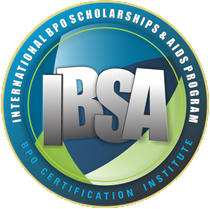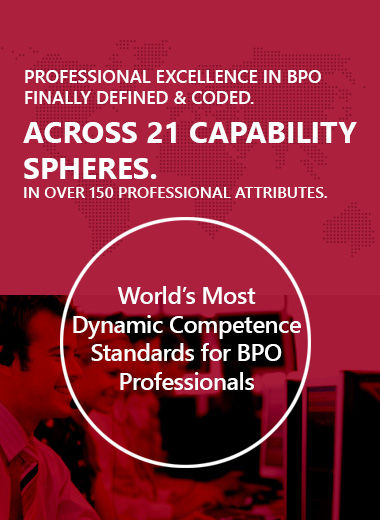Talent Management Master Standards (TMMS)
From Talent Management Master Standards (TMMS) to Enterprise Talent Management System (ETMS™ Release 4.6 in current circulation) BCI’s standards for the Talent Management function have traversed an elite, hard-worked journey. TMMS broke on the scene a decade back filling out the long-standing gap of BPO’s own, dedicated set of standards. But today, its latest version comes punched with the expertise of Talent Management Institute (TMI), the world leader in talent management standards and credentialing. All ETMS™ projects are now managed by TMI globally.
ETMS™ is wide-spectrum; addressing the needs of HR departments of all service businesses and organizations, in addition to being ideal for business-services and BPM companies across scale and size. ETMS™ also suits the requirements of companies that are a part of the Impact Sourcing movement worldwide initiated by the Rockefeller Foundation. The ETMS™ addresses 10 critical strategic, process, and environment dimensions and prescribes standards across more than 150 parameters that impact metrics of Talent Management effectiveness.
According to a 2018 BCI -IRSG report on talent management practices, the global industry lost more than $14.0 billion USD because of causes linked to employees – attrition, underperformance, information thefts and ill-designed compensation programs. The report reinforced longstanding industry-view that extreme talent-dependence of the services industries makes them intrinsically unique and different from others and hence, adaptations, imports and customizations of management systems and practices from other industries perhaps delivers only incremental and short-term results. Easily, the ETMS™ fills out the long-standing gap of the service industry’s own, dedicated set of standards.
In fact, in 2008, the year in which the BPO Enterprise Certification Council (BECC) approved the TMMS (Talent Management Master Standards) - and the attendant BTMQ™ series of certification – for the first time, the employee-attrition problem exploded out of India and attacked the BPO industries of other Asian countries. Needless to say, this challenge egged BCI to further strengthen the TMMS standards and include parameters related to micro-work environment as well, in the standards.
The Release 4.6 signifies verily the first global effort to configure even more solidly, the Talent Management practices in service businesses around the unique talent- socio-cultural and psychographic profiles of employees working in process-based environments. In most ways, the Release 4.6 is a forceful BCI argument for hinging organization practices around more “human”, “glocal” realities rather than on the more universalist, - what in BCI, is often termed as the “Hu-machine” format – a theory that erroneously believes that a human can be converted into a sustainably “precision delivery”, “zero defect” output “machine” using processes alone.






